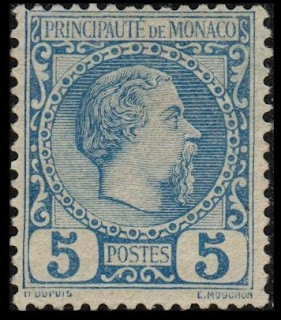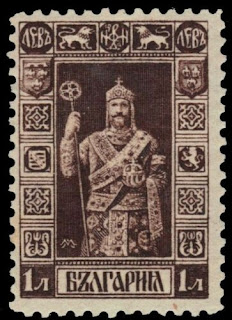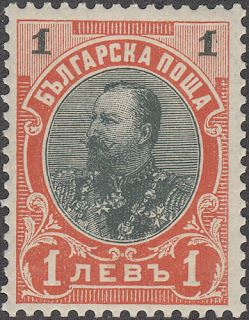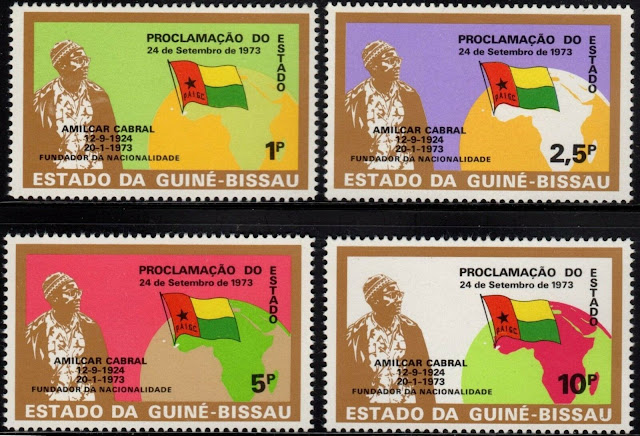1889 Died: Charles III, Prince of Monaco (b. 1818)
Charles III (8 December 1818 – 10 September 1889) was Prince of Monaco and Duke of Valentinois from 20 June 1856 to his death. He was the founder of the famous casino in Monte Carlo, as his title in Monegasque and Italian was Carlo III.
He was born in Paris Charles Honoré Grimaldi, the only son of Florestan I of Monaco and Maria Caroline Gibert de Lametz.
1948 Died: Ferdinand I of Bulgaria (b. 1861)
Ferdinand I (Bulgarian: Фердинанд I; 26 February 1861 – 10 September 1948), born Ferdinand Maximilian Karl Leopold Maria of Saxe-Coburg and Gotha, was the second monarch of the Third Bulgarian State, firstly as ruling prince (knyaz) from 1887 to 1908, and later as king (tsar) from 1908 until his abdication in 1918. He was also an author, botanist, entomologist and philatelist.
1974 – Guinea-Bissau gains independence from Portugal
Guinea-Bissau, officially the Republic of Guinea-Bissau is a country in West Africa that covers 36,125 square kilometres (13,948 sq mi) with an estimated population of 1,815,698
Guinea-Bissau was once part of the kingdom of Gabu, as well as part of the Mali Empire. Parts of this kingdom persisted until the 18th century, while a few others were under some rule by the Portuguese Empire since the 16th century. In the 19th century, it was colonised as Portuguese Guinea. Upon independence, declared in 1973 and recognised in 1974, the name of its capital, Bissau, was added to the country's name to prevent confusion with Guinea (formerly French Guinea). Guinea-Bissau has a history of political instability since independence, and only one elected president (José Mário Vaz) has successfully served a full five-year term
Independence was unilaterally declared on 24 September 1973. Recognition became universal following 25 April 1974 socialist-inspired military coup in Portugal, which overthrew Lisbon's Estado Novo regime









No comments:
Post a Comment